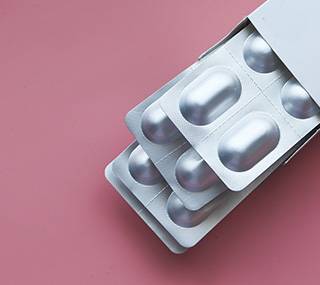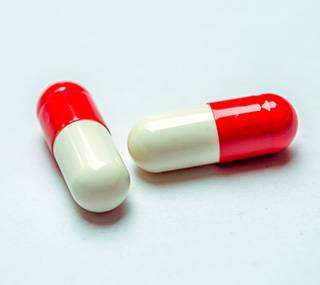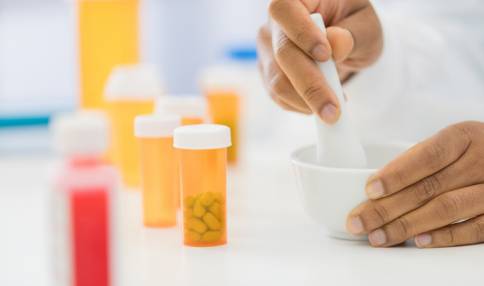Pharmaceutical preparations
What are pharmaceutical preparations?
Pharmaceutical preparations are medicines made from pharmaceutical starting materials and/or pharmaceutical products. They are defined in article L. 5121-1 of the French Public Health Code.
Preparations are prepared and dispensed in accordance with Good Practice set out in Article L. 5121-5 under a pharmacist’s responsibility. They may only be prepared in the absence of an appropriate or available pharmaceutical product, including due to the lack of actual marketing.
A preparation is only undertaken after the pharmacist has verified its compliance with current regulations.
ANSM ensures regulation and safety.
A preparation is only undertaken after the pharmacist has verified its compliance with current regulations.
ANSM ensures regulation and safety.
What does ANSM do to ensure the safety of preparations?
ANSM ensures that the use of a hospital preparations is justified, and reviews:- Preparations that do not meet an identified therapeutic need, and could be replaced by pharmaceutical products already available in France within the framework of a marketing authorisation (MA), or an early or special access authorisation.
In this case, ANSM may request in-house pharmacies to review the suitability of these hospital preparations. - Preparations meeting an identified therapeutic need, which are necessary and have no therapeutic equivalent. ANSM proposes a harmonisation of preparation formulas in order to improve and standardise their preparation and control in accordance with optimal quality. A formula is drafted and then published in the French Pharmacopoeia. The pharmacist is then required to strictly adhere to the formula described.
- ANSM identifies “potentially at-risk” preparations, and assesses the adverse reactions reported through pharmacovigilance as with all medicines.
It reviews the use of these preparations in hospital – and if necessary community – settings, by conducting a survey on in-house pharmacies and community pharmacies.
It then assesses their toxicity, by requesting expert opinions. It may then take appropriate health policy measures such as bans, restrictions. - ANSM conducts inspections at pharmaceutical sites facilities, including those within healthcare institutions.
The preparations obtained during these inspections are analysed by its laboratories. Corrective actions are requested, where applicable. - ANSM is involved in monitoring regulations, and more specifically in respect of the Good Preparation Practice that its drafts.
It oversees updates of the Good Preparation Practice guidelines applicable to community pharmacies and in-house pharmacies initially published in 2007.
What does not qualify a preparation
Some operations or some products are not preparations:
- Reconstitution of pharmaceutical products strictly consisting of a simple mixing operation, such as combining a solution, a powder, a freeze-dried product, etc. with a solvent for parenteral use or not, as specified in the summary of product characteristics of the relevant pharmaceutical product.
- Unpacking pharmaceutical products for the purposes of dispensing them to help administer the medicines to patients, insofar as their composition and their dosage form are not modified.
- Some products such as: pastes for electrodes, lubricants for endoscopes, which are medical devices.
Reporting of adverse reactions associated with the use of a pharmaceutical preparation
All adverse reactions (harmful and unintended reactions) associated with the use of hospital preparations must be reported to the national pharmacovigilance system.
The common adverse reaction reporting rules for all medicines apply to hospital preparations.
A specific code is assigned by ANSM for each reported hospital preparation. This helps optimise the reporting of any adverse reactions, and particularly link an adverse reaction with the administration of a given hospital preparation.
Reports may be submitted by patients, healthcare professionals, or pharmaceutical companies.
The procedure and forms for reporting adverse reactions are specific for each party involved.
The common adverse reaction reporting rules for all medicines apply to hospital preparations.
A specific code is assigned by ANSM for each reported hospital preparation. This helps optimise the reporting of any adverse reactions, and particularly link an adverse reaction with the administration of a given hospital preparation.
Reports may be submitted by patients, healthcare professionals, or pharmaceutical companies.
The procedure and forms for reporting adverse reactions are specific for each party involved.
Contact
ANSM responds to queries relating to regulatory, scientific, and also IT matters (use of the PrHosper electronic reporting tool).- email: preparations@ansm.sante.fr






